2021 Toyota Hybrid MPG
Hybrid vehicles are becoming more popular by the day. This is due to some of the unique benefits they provide over gasoline-powered vehicles. However, if you've never owned a hybrid vehicle before, you may be wondering what the big deal is. In this guide, we'll aim to answer some of the most common questions surrounding hybrids. It's our hope that through this guide, you'll come to understand them better and the advantages they offer. Then, if you're interested in one, Kings Toyota can help you pick one out. Here's what you need to know:
View Our InventoryWhat Hybrid Cars Does Toyota Offer?
If you're interested in getting a hybrid vehicle, Toyota offers a great lineup that features different types of vehicles. The options include:
2021 Toyota Avalon Hybrid MPG

2021 Toyota Camry Hybrid MPG
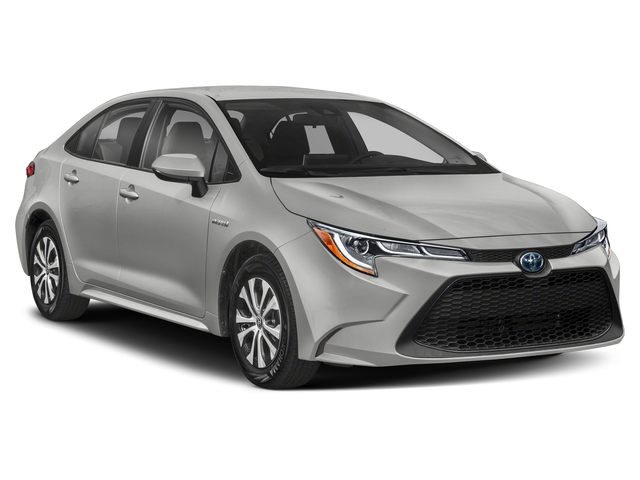
2021 Toyota Corolla Hybrid MPG
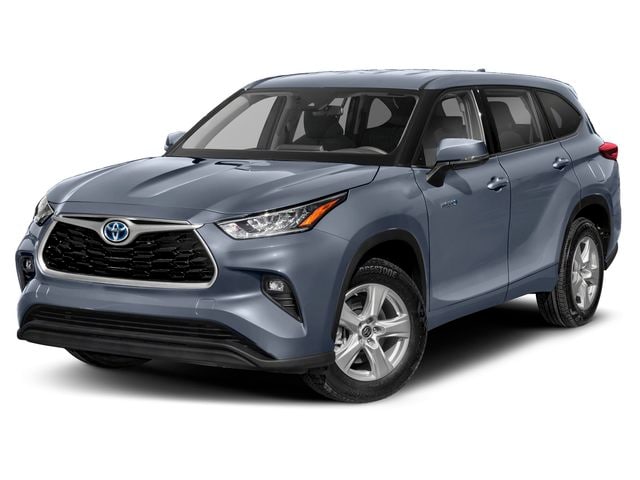
2021 Toyota Highlander Hybrid MPG
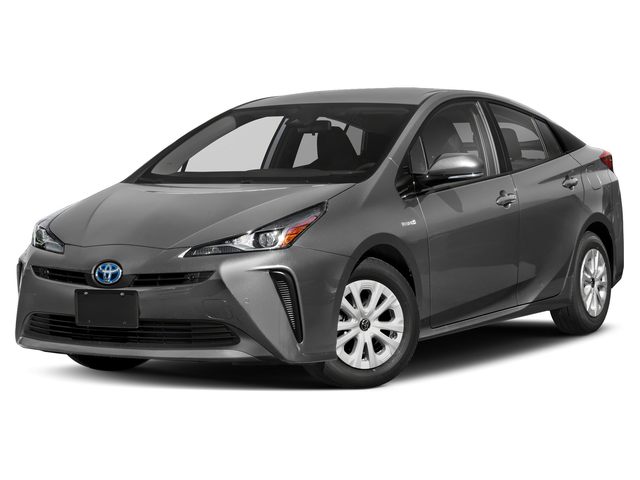
2021 Toyota Prius Hybrid MPG
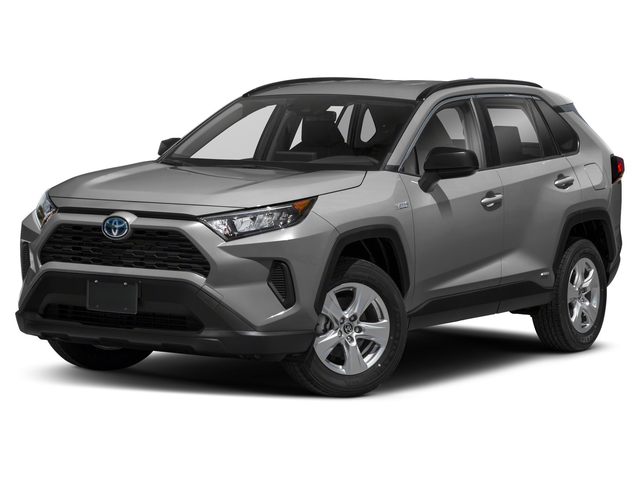
2021 Toyota RAV4 Hybrid MPG
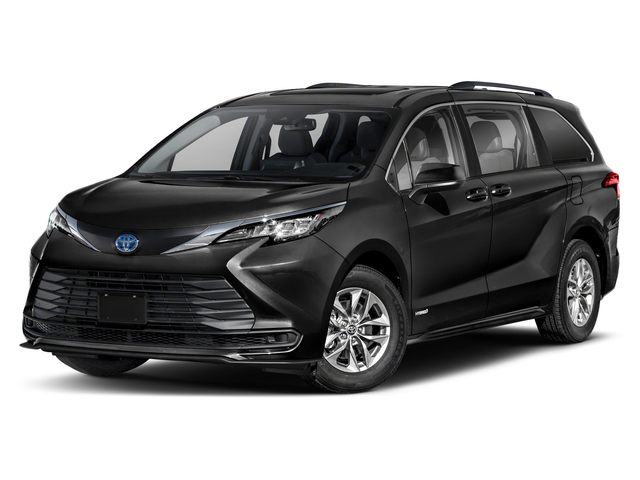
2021 Toyota Sienna Hybrid MPG
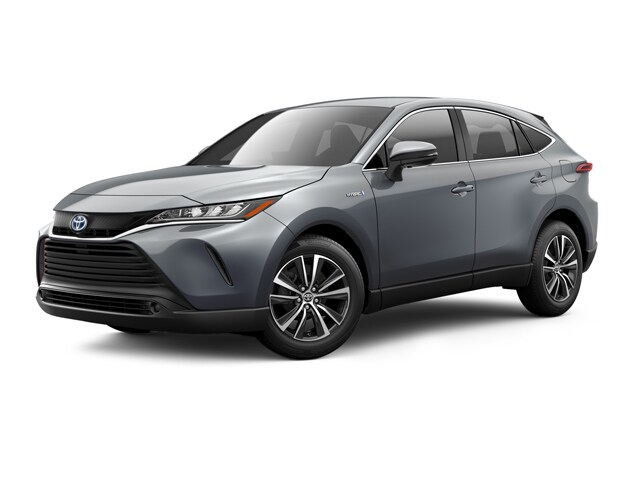
2021 Toyota Venza Hybrid MPG
2021 Toyota Hybrid MPG
What Is a Hybrid Car?
A hybrid car is one that uses both electric motors and gas engines to run the vehicle. This is opposed to standard vehicles up until the invention of hybrid cars, which only used gas engines. Depending on the type of vehicle, you may have the electric motor doing all the work, the gas engine doing all of it, or have them working together.
Hybrid cars have become increasingly popular over the past few years, as they offer some significant benefits over other types of cars. They also offer a nice middle ground between gas engine vehicles and completely electric ones. Each hybrid manufacturer makes their vehicles differently and with different goals in mind. For example, some design their vehicles to be more fuel-efficient while others focus on reducing the cost to the buyer. However, in practically every case, hybrid models offer better fuel efficiency over their gas-powered counterparts.
How Does a Hybrid Car Work?
In a hybrid vehicle, there is a strong battery that keeps the electric motor charged. This battery is separate from the one found in other vehicles. In a hybrid car, there are two batteries - one which powers the motor and one which powers other components of the vehicle, like the lights and dashboard.
What makes the new battery inside a hybrid unique is that it replenishes its charge when the car decelerates. Through a system known as a regenerative braking system, the electric motor's battery stays charged, rather than having this energy escape through heat as it does in gas-powered vehicles.
Types of Hybrid Vehicles
There are several different types of hybrids you may come across during your search for a new car. The first is known as a Parallel Hybrid and it's probably the most common design. In this style, the electric and gas engines are connected to a common transmission that combines the two power sources. This setup can work with different transmissions, such as automatic, manual and continuously variable transmissions (CVT). The parallel design is often used in Toyota models.
The next type of hybrid is known as a Plug-In Hybrid. With a plug-in hybrid, you get a much larger battery pack. This battery allows your vehicle to go further on solely electric charge. However, the caveat is that you need to charge it by plugging it into an external power source, such as from your home or a charging station. Driving more on a purely electric charge can significantly reduce gas consumption, thereby saving you money at the pump. Then, should you ever run out of electrical charge, the car essentially turns back into a parallel hybrid and runs off of gas.
The last type of hybrid is called a Series Hybrid. In this model, the power to the engine comes entirely from an electric motor. The gas engine in this model only exists to keep the battery charged. Driving a series hybrid often gives one the feel of driving an entirely electric vehicle, due to the fact that you don't feel the vibrations from the engine.
What Is the Difference Between a Hybrid Car and an Electric Car?
Hybrid cars are often mixed up with purely electric cars but there is a significant difference. In an electric vehicle, there is no conventional gas engine - everything is run from electrical batteries. This is different than hybrid vehicles, which have conventional gas engines to perform some of the functions. Whether this function is helping to power the vehicle or keep the battery charged, the gas engine plays a vital role that the hybrid couldn't operate without.
Since electric vehicles do not use gasoline engines, they are therefore more environmentally friendly. They produce zero emissions, while hybrids still produce some. That being said, they produce significantly less than traditional gasoline engines.
Benefits of a Hybrid Car
If you've been thinking about getting a hybrid car, you're probably wondering what the benefits are. There are a few key benefits that have convinced many people to make the switch to this type of vehicle.
The biggest benefit is using less gas. With a hybrid vehicle, you'll spend a lot less money at the gas station as your vehicle will not require as much gasoline to run. A simple look at the average miles-per-gallon ratings of a hybrid vehicle versus a traditional gas-powered one tells you all you need to know about the savings you could have. If you're tired of spending too much money on gas, hybrids are a great solution.
Along the same lines, since you're using less gas, you're introducing fewer emissions into the atmosphere. With a hybrid vehicle, you're helping to keep the air clean and the planet a little healthier. This is especially true in more urban areas, where too many gasoline-powered vehicles have a negative impact on air quality.
A not-so-well-known benefit of hybrids is the instant torque they provide. Torque plays a big role in how quickly a car can accelerate. In a traditional gas-powered vehicle, you need to wait for the engine to rev before you can get the maximum torque available. With hybrids, however, you get the maximum amount of pound-feet instantaneously.
Finally, some people purchase hybrid vehicles to take advantage of tax incentives. Since hybrids are better for the environment, the federal government provides tax benefits to consumers who buy one. For example, there are a few Toyota models, including the 2021 Rav4 Plug-In Hybrid, which are eligible for tax benefits. Be sure to learn more about any tax benefits you may be eligible for before purchasing a hybrid vehicle.
How Long Do Hybrid Car Batteries Last?
Since the battery is such an important component to hybrid vehicles, you likely want to ensure that they last a long time. While the life of a battery depends on many factors, such as how often you drive your vehicle, many are built to last up to 80,000 miles or more. In the case of Toyota hybrids, there is a warranty on your battery that covers 10 years or 150,000 miles, whichever comes first. This means that if you experience any issues with your battery before that time, you can get it replaced without any hassle.
Do I Need to Charge A Hybrid Car?
Whether or not you need to charge a hybrid car depends on the type of hybrid you get. If you get a plug-in hybrid, you will need to charge your vehicle using an external power source. However, if you get a parallel hybrid, which is typically what Toyota offers, your battery will automatically recharge when you apply the brakes. This means you don't need to worry about finding a charging station while you're on the road or running a power cable from your garage.
How Can I Get A Hybrid Vehicle?
If you're interested in getting a hybrid vehicle in Ohio, please visit Kings Toyota in Cincinnati. We have a wide selection of used and new hybrid Toyotas for you to choose from. If you're not sure what you want, our expert sales staff can help you pick out the perfect vehicle. Just tell us the type of vehicle you want and we'll show you all that Toyota has to offer. To get started, you can browse our inventory online today or contact us to schedule a time to visit our dealership and test drive a hybrid for yourself.